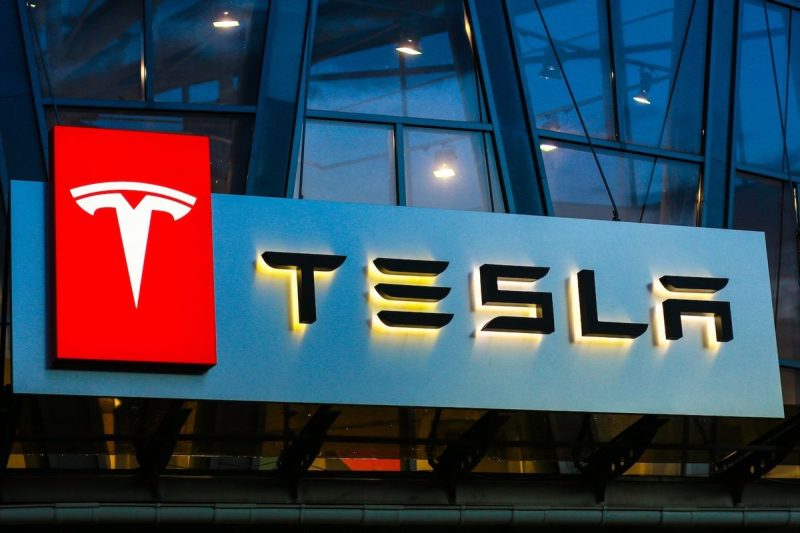In recent months, Tesla has been faced with the challenging task of navigating the competitive automotive market in Europe, particularly amidst retail price cuts that have had reverberating effects on leasing companies. As the electric vehicle market becomes increasingly saturated with new entrants and consumer demand continues to shift, Tesla has been forced to implement strategic measures to protect its market share and maintain a competitive edge.
One of the prominent issues faced by Tesla in Europe has been the impact of retail price cuts on leasing companies. As Tesla has reduced prices in an effort to attract more customers and remain competitive, leasing companies have found themselves in a difficult position due to the depreciation in the value of Tesla vehicles. This has led to challenges in setting lease rates and managing residual values, ultimately affecting the profitability of leasing companies offering Tesla vehicles.
To address these concerns, Tesla has been engaging in damage control efforts to mitigate the fallout from the retail price cuts. One of the key strategies employed by Tesla has been to work closely with leasing companies to find mutually beneficial solutions. By partnering with leasing companies to adjust lease terms, residual values, and pricing structures, Tesla aims to alleviate the financial strain experienced by these companies and maintain positive relationships with key stakeholders in the industry.
Additionally, Tesla has been focused on optimizing its supply chain and production processes to streamline operations and reduce costs. By improving efficiency and reducing overhead expenses, Tesla aims to offset the impact of retail price cuts and maintain profitability in the European market. These efforts are essential for Tesla to remain competitive in a rapidly evolving automotive landscape and maintain its position as a leader in the electric vehicle sector.
Furthermore, Tesla has been actively promoting its vehicles through targeted marketing campaigns and incentives to drive consumer interest and bolster sales. By highlighting the unique features and benefits of Tesla vehicles, the company aims to differentiate itself from competitors and attract customers who value innovation, sustainability, and performance. These marketing initiatives play a crucial role in shaping consumer perceptions and driving demand for Tesla vehicles in the European market.
Looking ahead, Tesla faces continued challenges in navigating the complex dynamics of the European automotive market. By adopting a proactive approach to addressing the impact of retail price cuts on leasing companies, optimizing its operations, and executing effective marketing strategies, Tesla can position itself for long-term success in Europe. As the electric vehicle market continues to evolve, Tesla’s ability to adapt to changing market conditions and maintain a competitive edge will be essential for sustaining growth and profitability in the region.
